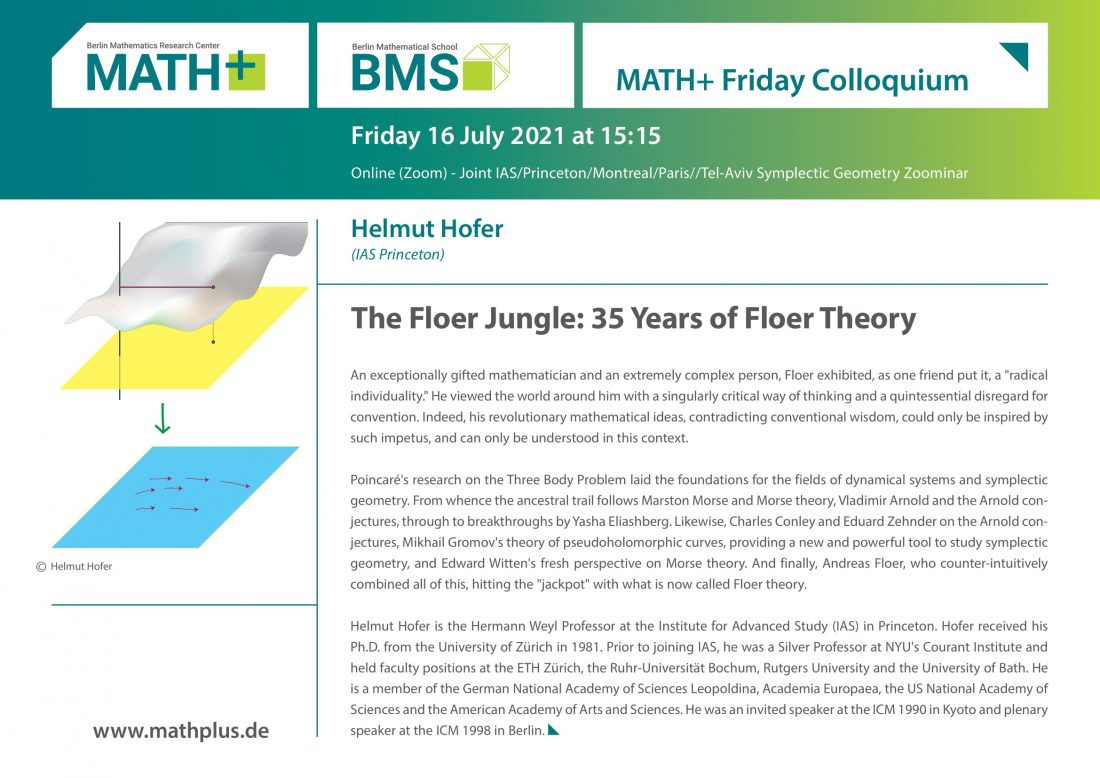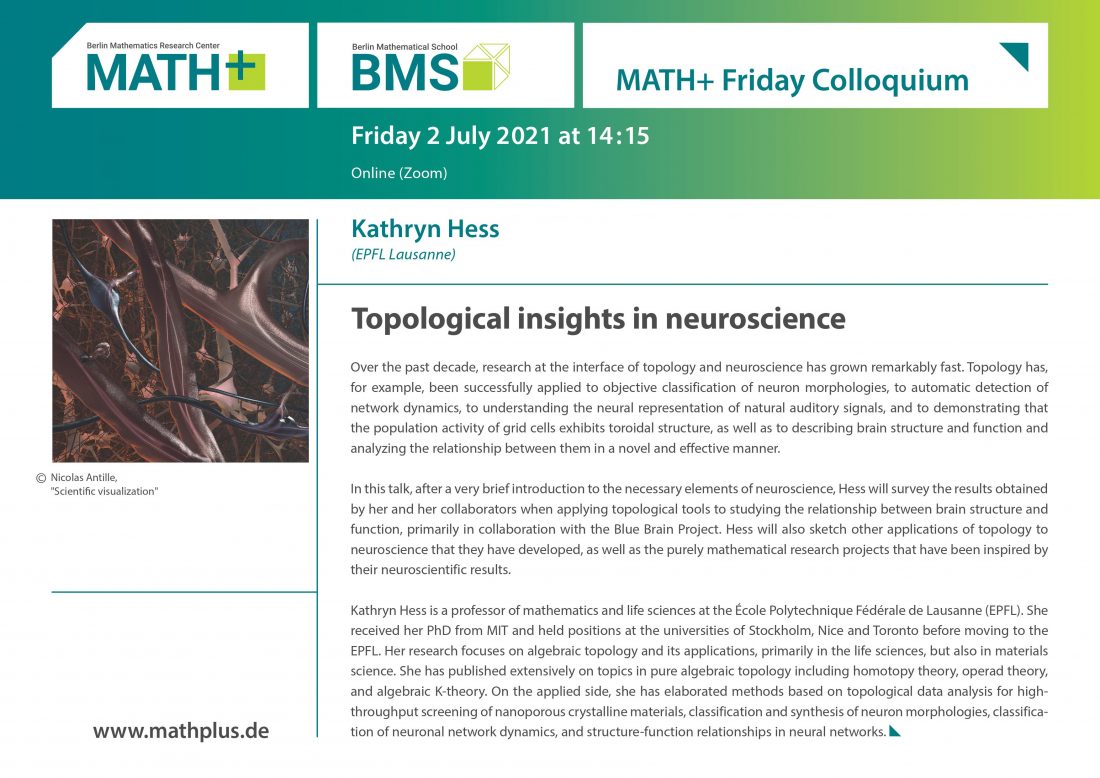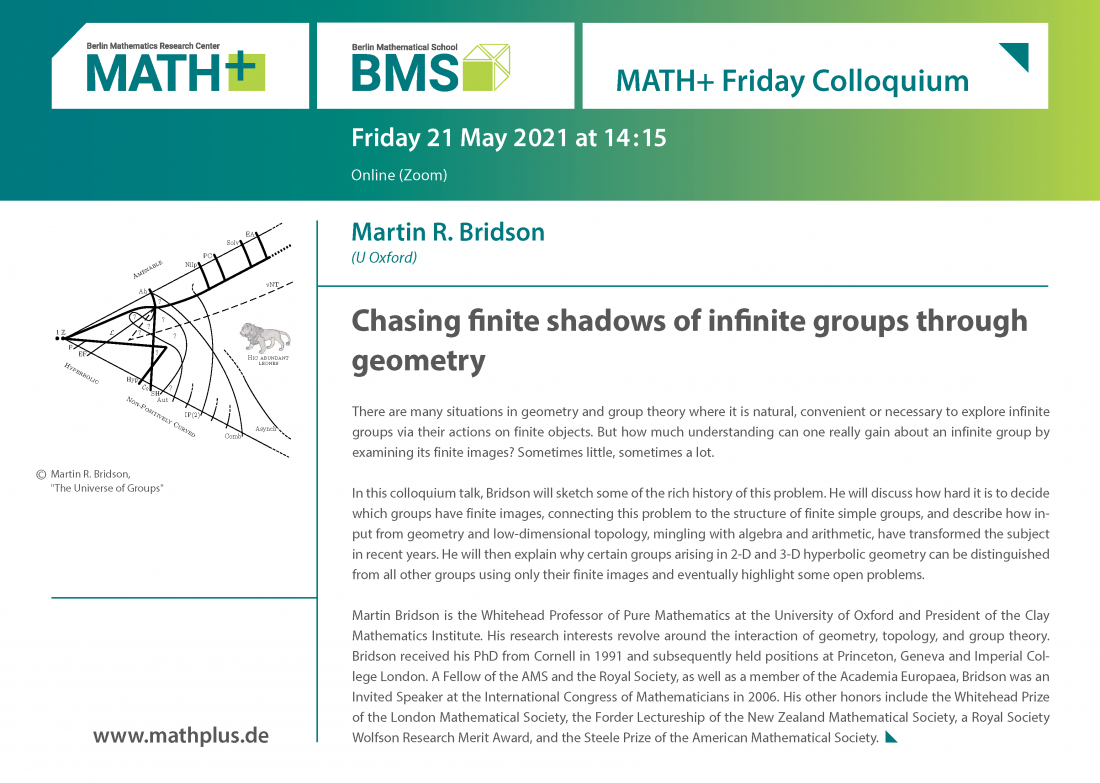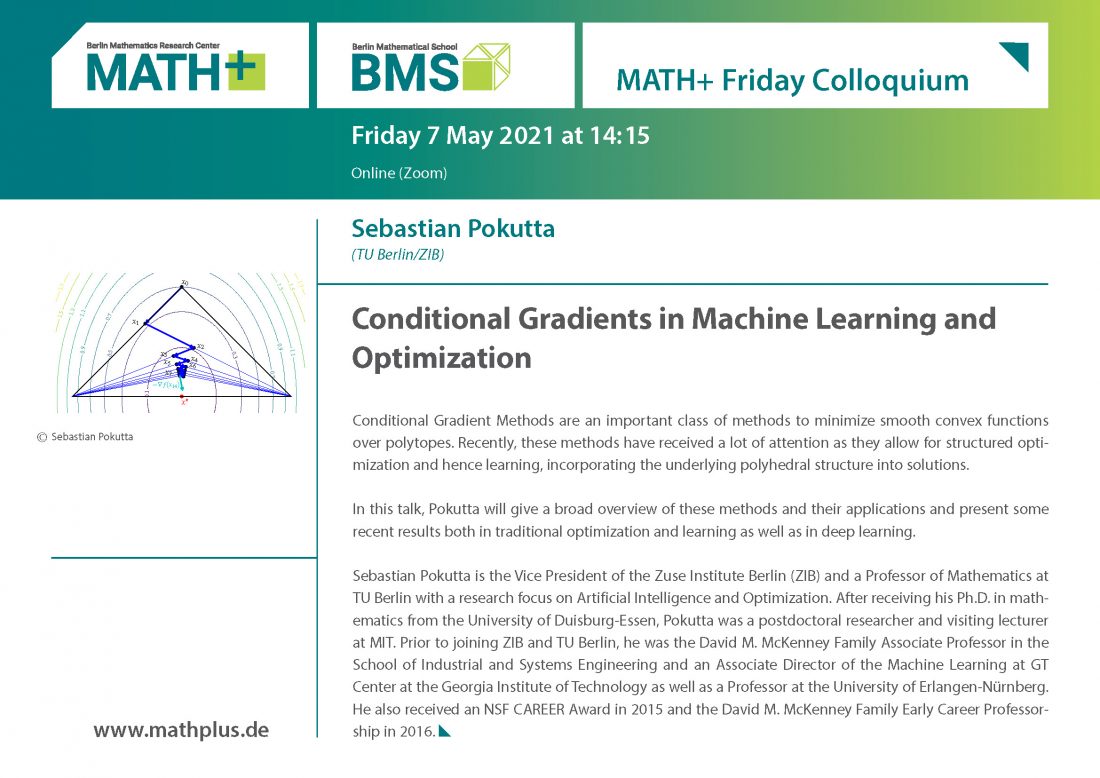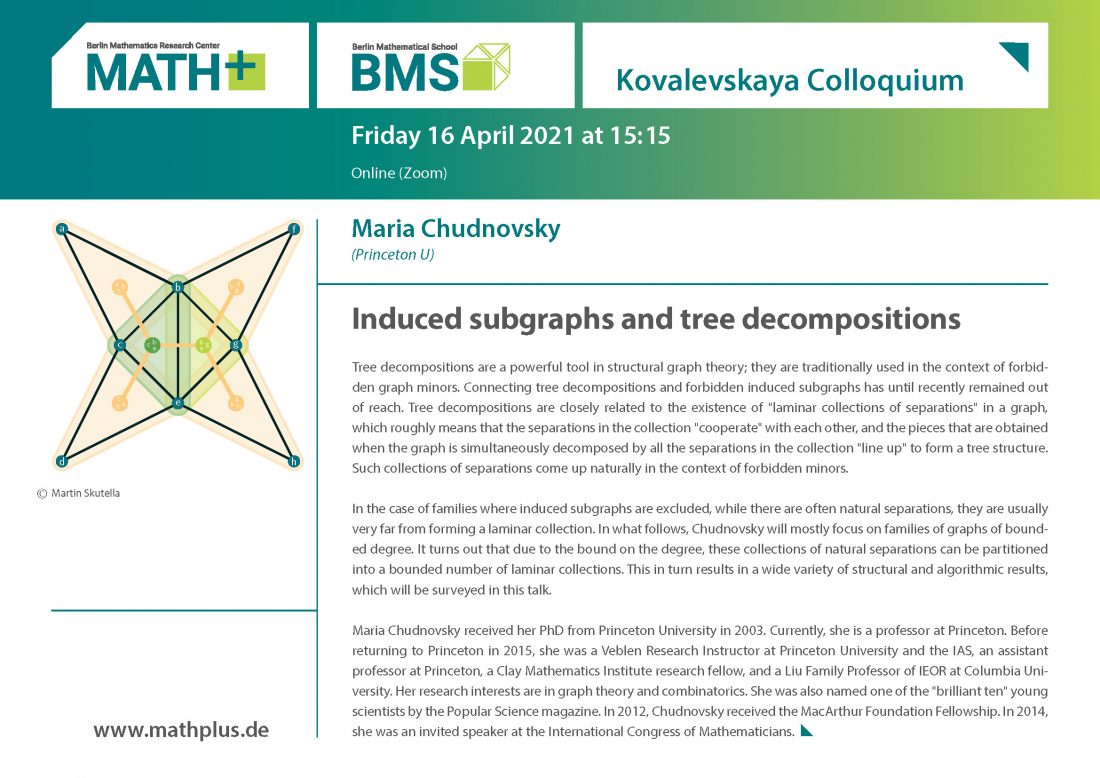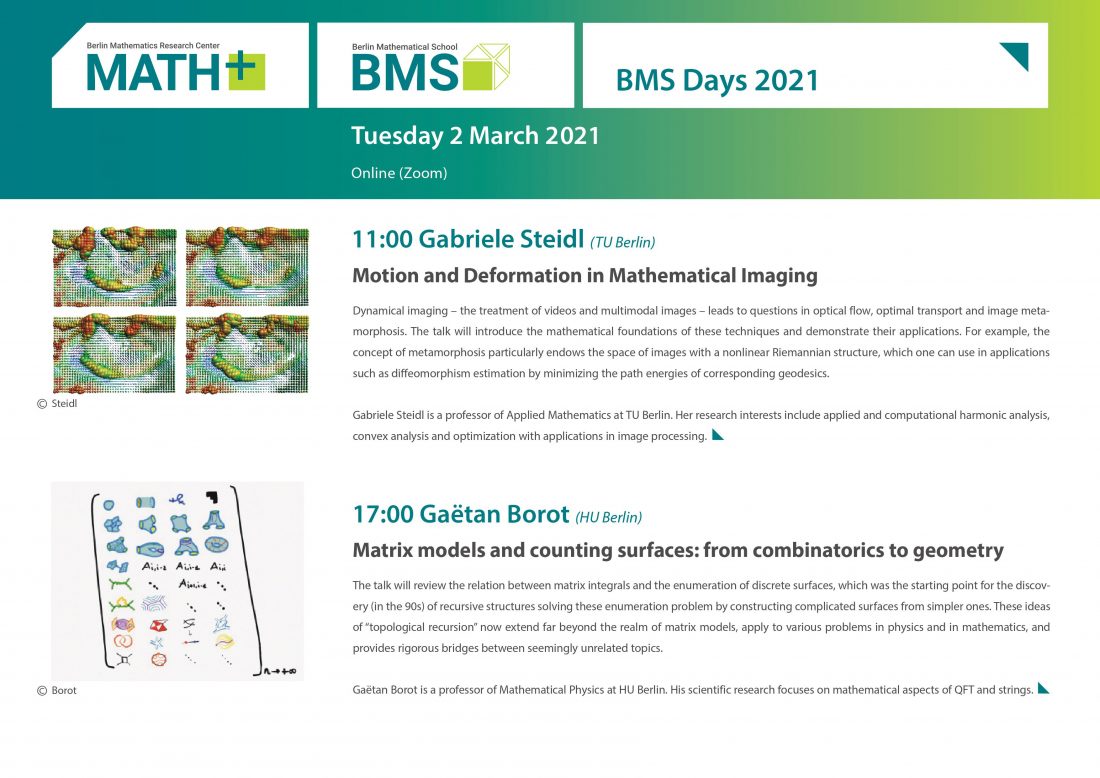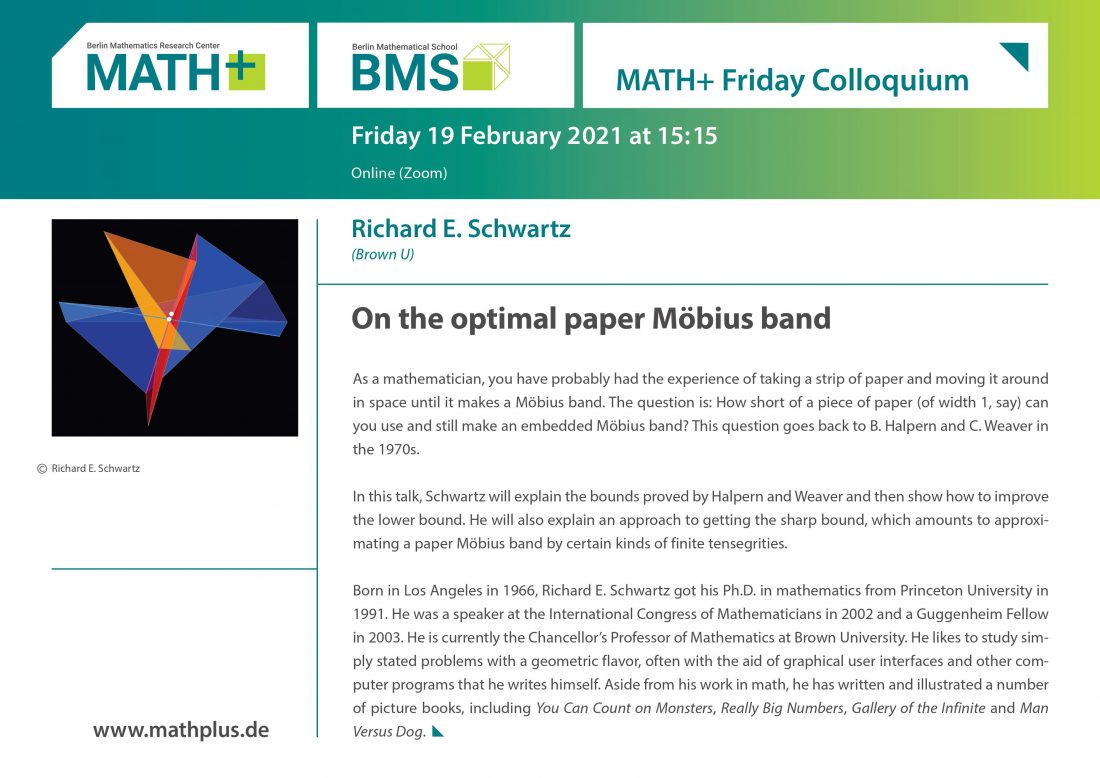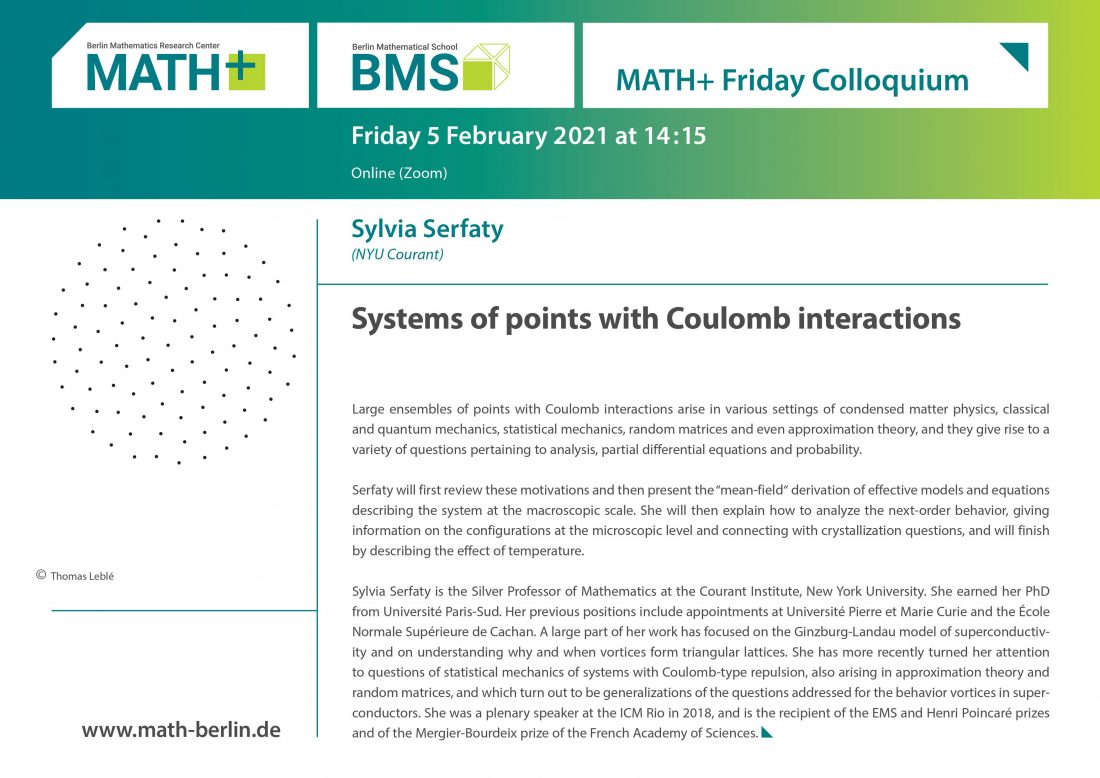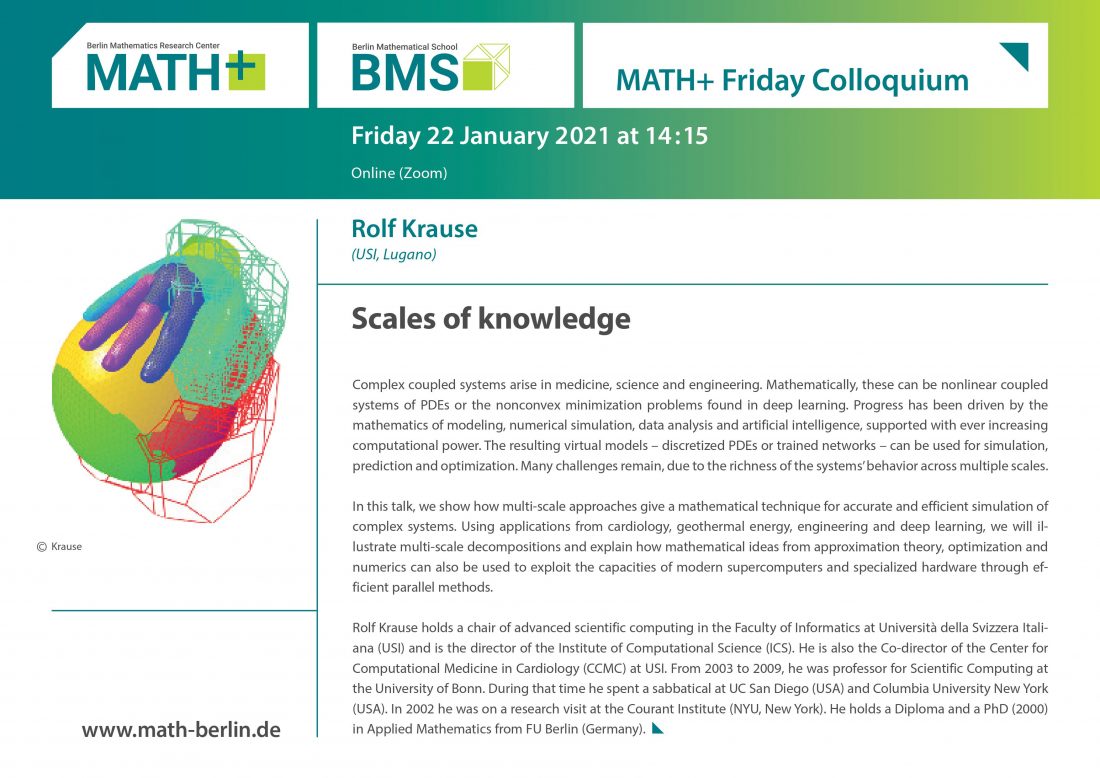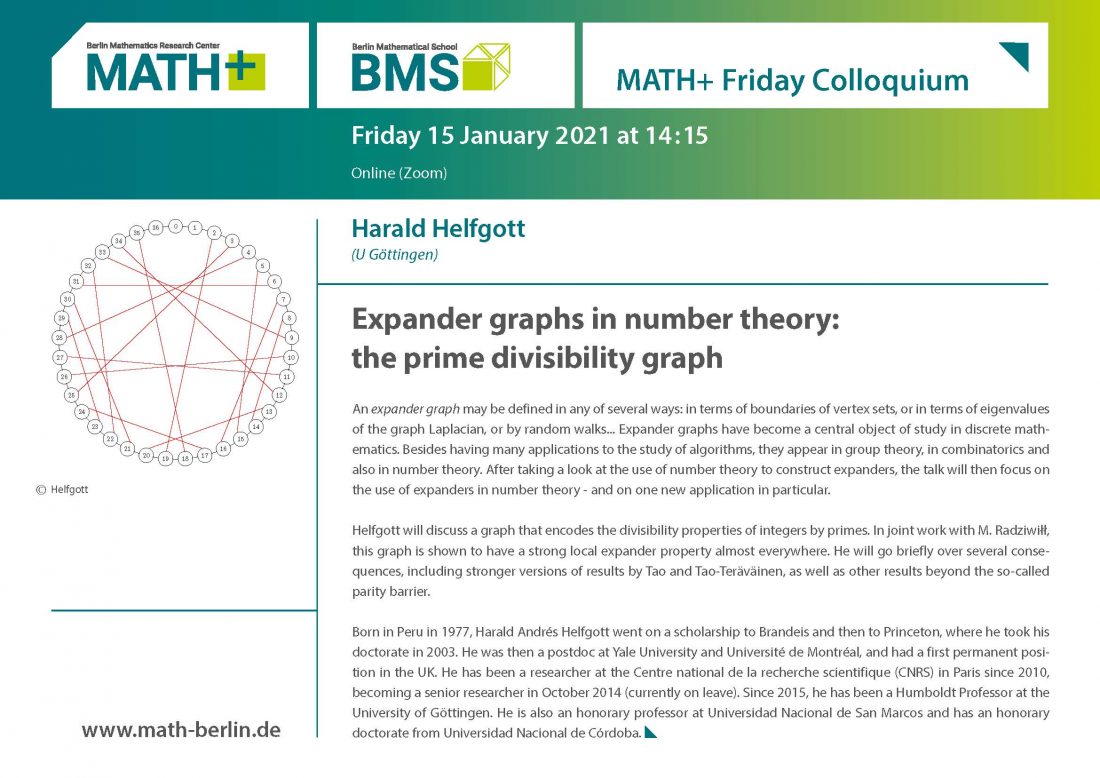16 July – Helmut Hofer: The Floer Jungle: 35 Years of Floer Theory (Joint IAS/Princeton/Montreal/Paris/Tel-Aviv Symplectic Geometry Zoominar)
An exceptionally gifted mathematician and an extremely complex person, Floer exhibited, as one friend put it, a "radical individuality." Indeed, his revolutionary mathematical ideas, contradicting conventional wisdom, could only be inspired by such impetus, and can only be understood in this context. Helmut Hofer is


